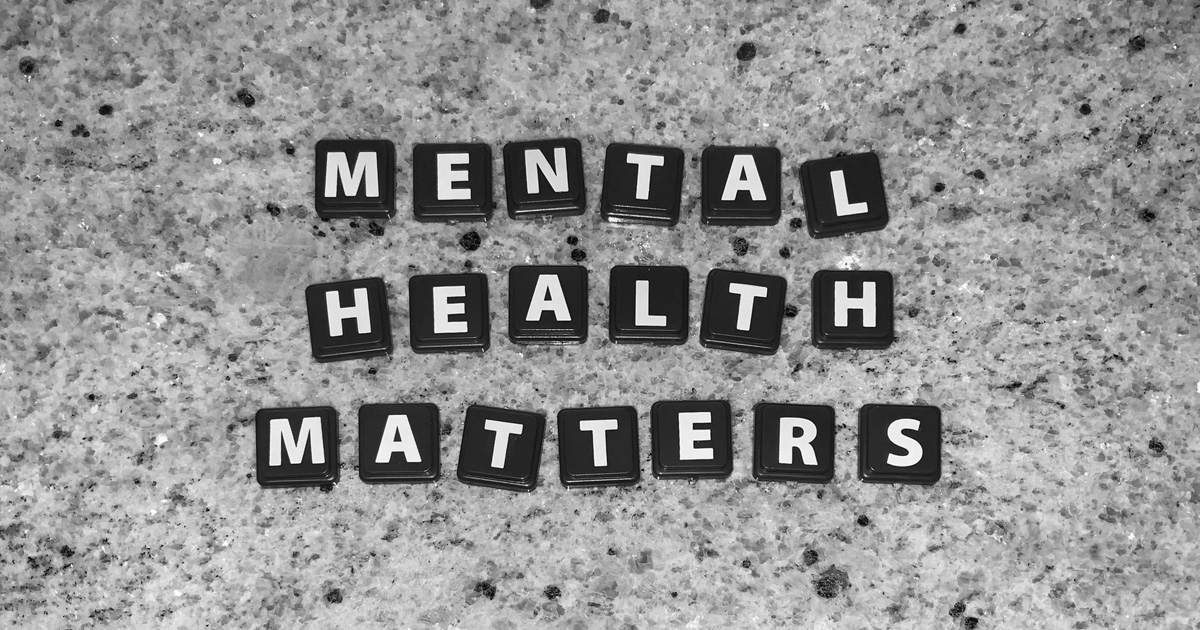
Good Food, Good Mood
Exploring the relationship between what you eat and how you feel
Healthy eating is not just about looking your best, but feeling your best, too. Evidence suggests nutrition may play a key role in improving mood, sustaining energy, and thinking clearly throughout the day.
In one study, 67 adults diagnosed with major depressive disorder were randomly assigned to work with either a dietitian or social support counselor over the course of 12 weeks. The dietitian counseled participants in improving their diet. These changes included eating less processed food and more nutrient-rich foods (i.e., produce, legumes, and fish).
Results showed that 30% of those who worked with a dietitian saw a resolution in their diagnoses, versus the 8% who worked with a social support counselor.
While research continues to support good nutrition for mental health, there are basic nutrition concepts that provide answers for this link. These concepts include proper blood sugar control, consuming enough protein daily, and keeping gut function in check.
Mood and Blood Sugar
You may have experienced a dip in energy, along with feelings of irritability after you’ve gone too long without food. This feeling is jokingly termed becoming “hangry.” However, it may actually be a sign of poor blood sugar control.
Periods of very high blood sugar are followed by periods of very low blood sugar leaving us “hangry.” This is because the body responds to high blood sugar by releasing insulin, a hormone that promotes blood sugar into tissues, rather than sticking around in the blood.
Tip:
In order to avoid this rollercoaster ride when it comes to your blood sugar, consume meals with sufficient protein and fiber from fruits and vegetables. Both protein and fiber-rich foods have been shown to slow the release of sugar into the blood, stabilizing blood sugar levels. In addition, reducing your intake of sweet beverages (like soda or highly sweetened sports drinks) can help keep your blood sugar steady, while avoiding “hangry” episodes.
Protein: The Backbone to Brain Signals
When we consume protein (i.e., beef, chicken, beans, tofu, etc.), digestive enzymes in the stomach split the protein molecules into smaller forms called amino acids. Amino acids are important building blocks for brain chemicals called neurotransmitters. These neurotransmitters control various actions such as muscle contraction, alertness, mood, hunger, and sleep.
Examples of neurotransmitters include serotonin, dopamine, and melatonin. Serotonin and dopamine both play a role in feelings of happiness and motivation, while melatonin is released at night to promote deep sleep and rest.
It is important to consume sufficient protein throughout the day to support the production of amino acids and neurotransmitters. Take for example the amino acid tryptophan, the main precursor for serotonin. If your diet is low in tryptophan, it may lead to low serotonin, which can then lead to anxiety, nervousness, sleep disturbances, and carbohydrate cravings.
Tip:
Check in with your daily protein intake. While there are many factors that go into your individual protein needs (activity level, height, weight, etc.), a good rule of thumb is to aim for 20 – 30 grams per meal.
For reference, 1 egg = 6 grams of protein, chicken (size of a deck of cards) = 20 grams of protein, and filet of salmon or beef (size of a deck of cards) = 30 grams of protein.
If you happen to eat a plant-based diet, ensure your protein sources are “complete,” meaning you are getting all the essential amino acids that your body cannot produce on its own. Examples of complete proteins include buckwheat, hemp seeds, hummus, tofu, tempeh, edamame, or beans.
The Gut Connection
Have you ever been so worried or stressed that you were unable to eat or keep food down? Here’s how that works: The vagus nerve connects the brain to the gut, sending signals back and forth. When you’re stressed, a stress signal from the brain travels to your gut, affecting hunger and function. Unfortunately, stress has a negative impact on function, impairing proper digestion and gut motility.
In addition, the majority of serotonin (a call back to the neurotransmitter responsible for feelings of happiness) is made in the GI tract. If you are dealing with GI issues (bloating, diarrhea, abdominal pain, and constipation to name a few) this might have a direct effect on your mood or vice versa.
Tip:
To improve digestion, set yourself up for success by promoting a sense of calm and relaxation before you sit down to eat. This can be accomplished by taking five deep belly breaths. Eating more fermented foods like sauerkraut or kimchi, along with fiber-rich foods, such as whole grains, beans, and vegetables are also beneficial to the health of your gut biome.
Check Out This Recipe
Being in a good mood all the time can be challenging. If you are experiencing dips in energy, irritability, or even periods of prolonged stress, check in with the types and quality of food you eat. Aim to consume balanced meals with sufficient protein and fiber while also optimizing your digestion by creating a sense of calm prior to meals.
If you are looking to improve your mood with food, check out our latest recipe. We took a sweet treat (brownies and ice cream) and increased the protein and fiber content in just a few easy steps!
Our Employee Wellness Program
If you enjoy this type of information and would like to learn more about Valley Schools’ exclusive wellness program, WellStyles, reach out to us. We’d love to hear from you!



